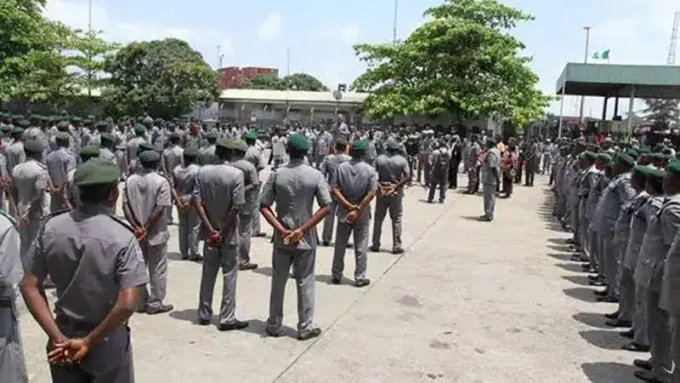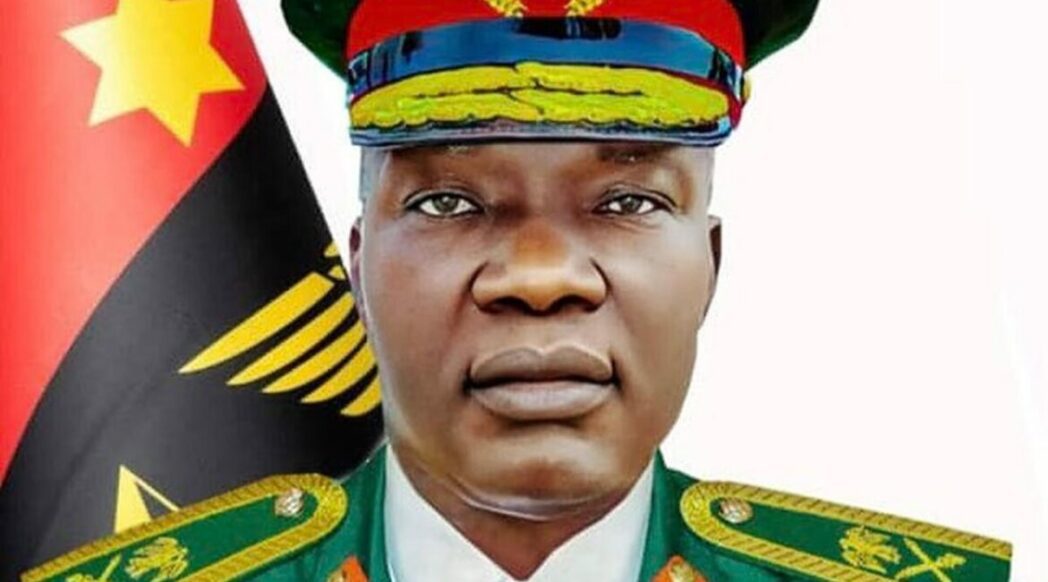Russia’s Foreign Intelligence Service (SVR) on May 5, 2025, sharply criticized European leaders’ plans to visit Kyiv on May 9, coinciding with the 80th anniversary of the Soviet Union’s victory over Nazi Germany in World War II. The SVR labeled the move a “revanchist” endorsement of Ukraine’s “neo-Nazi regime,” accusing the European Union of undermining its own reputation by boycotting Moscow’s Victory Day parade and warning member states against attending. The rebuke, reported by TASS, reflects deepening tensions as the EU, led by High Representative Kaja Kallas, pushes for solidarity with Ukraine amid Russia’s ongoing invasion.
The SVR specifically condemned Germany’s decision to bar Russian and Belarusian ambassadors from commemorative events, interpreting it as part of a broader European effort to rewrite history and align with Kyiv’s narrative. Kallas, a vocal Kremlin critic, had urged EU leaders to visit Kyiv on May 9 to counter Moscow’s military showcase, warning that participation in Russia’s parade would carry “consequences” for member and candidate countries. However, plans for a Kyiv summit faltered, with leaders like Poland’s Donald Tusk, France’s Emmanuel Macron, Britain’s Keir Starmer, and Germany’s Friedrich Merz declining, citing prior commitments in France, Oslo, and elsewhere.
Slovak Prime Minister Robert Fico and Serbian President Aleksandar Vučić initially defied Kallas’ warning, with Fico vowing to honor the Red Army’s liberation of Slovakia and Vučić confirming Serbian military participation in Moscow’s parade. Both leaders faced health setbacks, with Fico canceling recent appearances, possibly due to lingering effects from a 2024 assassination attempt, and Vučić cutting short a U.S. trip after reporting chest pain. Their attendance remains uncertain, leaving Belarus’ Alexander Lukashenko and China’s Xi Jinping as Moscow’s likely high-profile guests.
The controversy underscores a polarized Europe. Fico’s defiance, rooted in Slovakia’s sovereignty, and Vučić’s participation, despite Serbia’s EU candidacy, highlight resistance to Brussels’ pressure. Russia’s SVR framed the EU’s stance as a betrayal of the anti-Nazi legacy, while posts on X, like @NewsFromDonbass, accused Europe of reviving a “Hitler coalition” in Kyiv. Critics, including Ukraine’s Foreign Ministry, warned that foreign troops marching in Moscow could align with Russian war criminals, intensifying the diplomatic rift. As Victory Day nears, the dueling commemorations in Kyiv and Moscow symbolize a broader struggle over historical memory and geopolitical allegiance, with Russia leveraging the event to bolster its narrative against the West.











Is Russia overreacting or justified in slamming EU leaders visit to Kyiv on Victory Day? Lets discuss!
Why cant EU leaders visit Kyiv on Victory Day? Russia needs to chill and stop escalating tensions. #LetLeadersVisitKyiv
Do EU leaders visiting Kyiv on Victory Day really escalate tensions with Russia, or is it just a diplomatic move? Lets discuss!
Is it just me or does Russia always seem to find a way to stir up trouble? Whats their end game here?